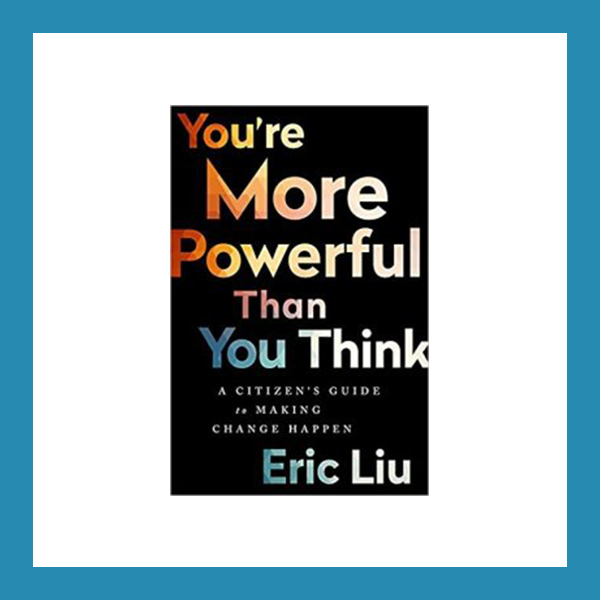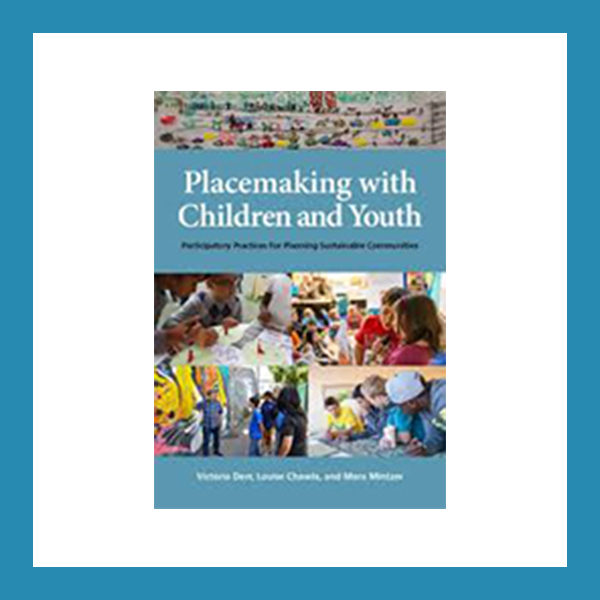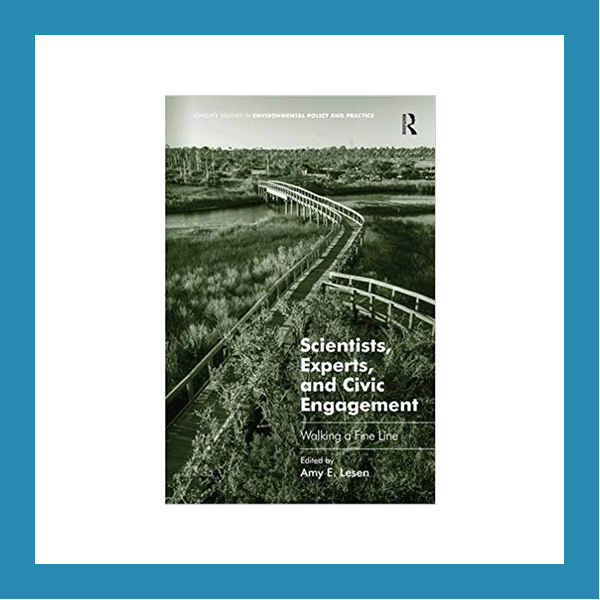Discussed in this review:
Everything You Love Will Burn: Inside the Rebirth of White Nationalism in America. By Vegas Tenold. Bold Type Books. February 2018. ISBN: 978-1568589947. 336 pages. Hardcover, $27.00.
“Sometimes what we do is embarrassing.” This quote, from a KKK member who appears in Everything You Love Will Burn by Norwegian journalist Vegas Tenold, is an understatement that stands in juxtaposition to the murderous hatred of the far-right groups Tenold frequented during the years leading up to America’s most infamous far-right Administration, that of former President Donald Trump.
The title of Tenold’s book comes from a text message, ending with a smiley face, that was sent to the author by a jubilant neo-Nazi on the night of Trump’s election. The book’s introduction was written one day after the Unite the Right rally in Charlottesville, Virginia, that resulted in the death of Heather Heyer, who was counter-protesting the Nazis that day.
The book is an amalgamation of several storylines that follow various white nationalist figures and groups. It begins with Matthew Heimbach, from Paoli, Indiana, whom the reader sees going to KFC with his kids then ranting with colleagues about Jewish communism. Before Tenold first met Matthew, the author received an email from Duke Schneider of the National Socialist Movement (NSM) of America. Schneider wanted to show Tenold day-to-day activities of the party and discuss his views and ideology. As a result, Tenold ended up in Trenton, New Jersey, where he witnessed a street fight between Schneider’s group and antifascist and leftist activists—the first private attack on a private meeting of the NSM. The police arrived, but no arrests were made, and in the eyes of the NSM, the “commie scum” had been defeated. Yet, this would mark the beginning of a decade-long street war between white nationalist and far-right groups, and antifascist activists, colloquially known as “antifa.”
The language in Everything You Love Will Burn is crude, and violence and danger are palpable everywhere. To be sure, reading the book is a tense and uncomfortable experience, like watching a horror film. However, it also provides a tremendous amount of important material about the history of the American far-right and neo-Nazi movements. Tenold goes as far back as the Dixiecrat movement of the 1940s in elaborating on the history of the political activities of these groups.
The book ends with a detailed account of the Unite the Right rally in Charlottesville on August 12, 2017. Reading the excerpt, one experiences the sheer horror of the hatred expressed that day. What also becomes apparent is that the hatred and vitriol has accelerated decade by decade since the civil rights movement of the 1960s, with Charlottesville symbolizing the apex of the far-right movement since the 1920s KKK, which boasted 6 million members.
Living through the previous Administration encouraged me to search deeper into my own family history to understand what had happened—and was happening—in America. I am of half-Italian and half-Jewish ancestry, from my father’s and mother’s side, respectively. The anti-Semitic dog whistles of “globalists” and “America First” were easily identifiable to me and those around me as virulently anti-Semitic, but Trump and his movement stirred racist passions that had already existed within America’s deep far-right movement.
The diatribes against Jews and African Americans espoused by the Klansmen and neo-Nazis whom Tenold encountered were neither new nor shocking to me. Yet, the moments of clarity, insight, and humor in the book made me read deeper than the ideologies of the individuals in the volume. The nation that “beat” Nazism had now descended into it. But how?
Matthew’s story serves as a stark contrast to the gross racism of his compatriots. Originally, while attending Towson University, Matthew was a socialist:
He had also been reading about how immigration was really no more than a tool developed by capitalists to further their own agenda, so it frustrated him when his socialist friends took up issues such as immigration reform when it seemed so clear that immigration and socialism were mutually exclusive. As he saw it, immigrants from developing countries provided cheap labor for the fat-cat capitalists, and he was flabbergasted that his fellow socialists couldn’t see that.
Matthew’s anti-capitalism echoed the doctrine of “proletarian nationalism” (Corner, 2012, p. 16.), Mussolini’s version of socialism in Italy. Indeed, the intersection of Mussolini’s fascism and Trump’s is quite direct. Both men used anti-globalist, capitalist sentiment mixed with xenophobia and ultranationalism to lead far-right groups to the polls in large numbers while drawing masses of relatively indifferent moderates toward a national cause to beat “cosmopolitans.” Arguably, the intellectual development of conservatives like Mathew drove Trump to the top. The alt-right, a contemporary movement of young national socialists who rely on internet memes to spread their ideology, used clever dog whistles the KKK is too violent and disorganized to ever execute. Now some Nazis have graduated from para-military garb to suits and ties. However, this is primarily in formal, quasi-academic settings where far-right lecturers add a veneer of intellectualism to their racism. The men on the street are very much still in military garb.
At one point in Everything You Love Will Burn, Tenold describes being held at gunpoint before a KKK cross burning. It is one of the most intense moments of danger that Tenold put himself in to interact with the subjects of the book. Tenold foresaw the reemergence of the far-right half a decade earlier and knew he had to observe these movements up close and in person to understand the severity of the threat posed by these groups and where it was ultimately headed.
And we know where it was headed. On January 6, 2021, a mob of Trump supporters, many of them avowed white supremacists and neo-Nazis, stormed the Capitol, seeking to hang the vice president, kill the speaker of the House, and violently protect their president, indefinitely. They almost pulled off their stunt, which included bringing the Confederate flag into the Capitol—which had not come close to happening during the Civil War. Tenold notes how absurd such a notion would have been even 5 or 6 years ago:
This was almost certainly nonsense. The idea of a vast cabal of secret Klansmen biding their time in the wings until such a time when the white race was in its darkest hour belonged with theories of the Illuminati, secretive Zionist occupation governments, and other cast members of Dan Brown books. Still, Karl [one of the more vocal NSM members with whom Tenold interacted] seemed convinced.
Who would have thought that Karl would eventually be proven correct?
In the United States, Neo-fascism-as-Trumpism is here and must be reckoned with; their leader remains at large and could easily pull a Grover Cleveland and reassume office in January 2025. As someone whose family history saw both sides of fascism, all I can say is, it ended in disaster for both: starvation until being saved by the Allies for my Italian family, horrific extermination among my Jewish family. Far-right ideology, fascism, and ethnic-based ultranationalism led to ruin for nations and the world.
Amid all the darkness, though, there remains light. My great uncle, when talking to him for this review, told me about his brother Peter throwing an egg at a fascist marcher during a Mussolini rally in Porto Empedocle, Sicily. His mother had to beg the local authorities to not punish him. Breaking through the alienation of the modern condition and reestablishing social bonds is the key to countering political extremism, and Tenold saw those years before America’s descent. Moreover, his journalistic experience covering Russia, which under Putin has seen a resurgence in neo-fascism, and other authoritarian regimes in the Middle East and Central Africa uniquely qualified him to examine America’s far-right extremist movement. He tried and failed in the moment, but in writing this account, he has given readers a guide for how the far-right operates and how to counteract and neutralize them.
Everything You Love Will Burn is essential reading for anyone trying to understand America’s far-right on a more visceral level, beyond academic analysis alone. In interacting with this now burgeoning movement, Tenold offers a kind of template for how to approach people and ideologies as we encounter them, and how to do so with grace and bravery. In doing so, perhaps one might convince at least one neo-Nazi that what they do is embarrassing, just like the one KKK member realized in a moment of clarity. Hopefully, many more of those moments will come around before there is more violence—and more damage to democracy.
Dedicated to my beloved mother. Rest in peace.
References
Corner, P. (2012). The Fascist Party and popular opinion in Mussolini’s Italy. Oxford University Press.
Author
 Benjamin Henry Rao is a graduate student at Fort Hays State University in political science. He studied as philosophy an undergraduate at Oklahoma State University, and currently resides in Garden City, New York. His main academic interests are political philosophy, political economy, and studies of totalitarianism, fascism, and communism. Benjamin has two sisters, Elli and Gabbi, and a cat, Nina. Mr. After he graduates, Mr. Rao looks forward to pursuing a doctorate.
Benjamin Henry Rao is a graduate student at Fort Hays State University in political science. He studied as philosophy an undergraduate at Oklahoma State University, and currently resides in Garden City, New York. His main academic interests are political philosophy, political economy, and studies of totalitarianism, fascism, and communism. Benjamin has two sisters, Elli and Gabbi, and a cat, Nina. Mr. After he graduates, Mr. Rao looks forward to pursuing a doctorate.


